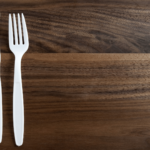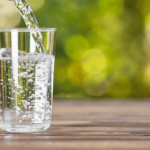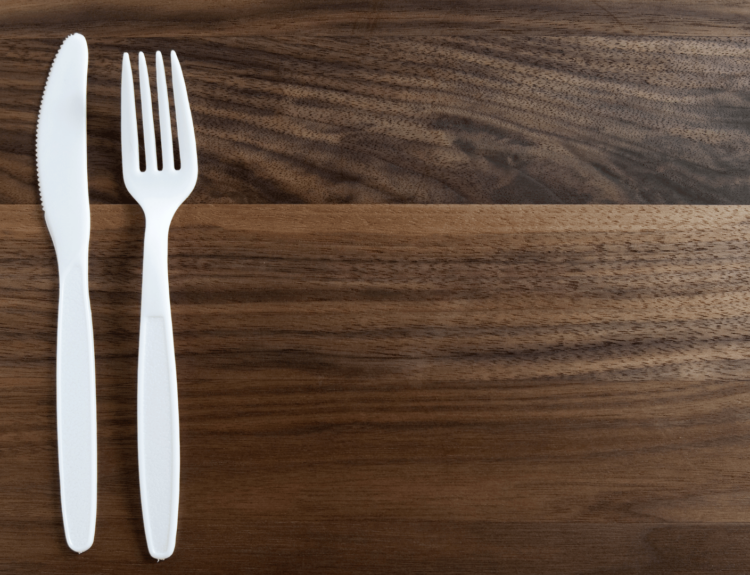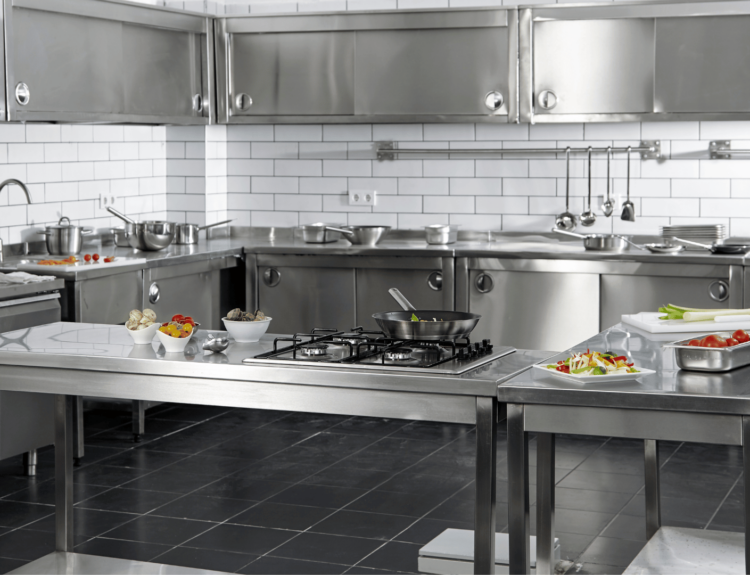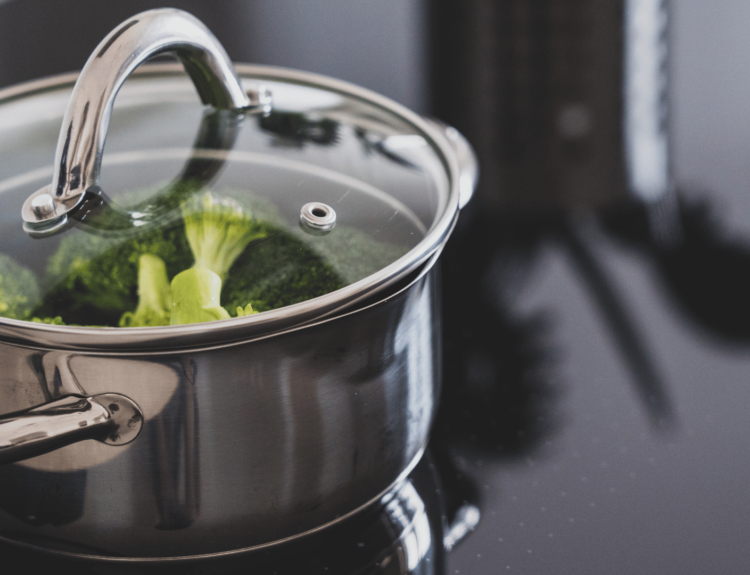Silicone bakeware has become increasingly popular in kitchens around the world. With its bright colors, flexibility, and non-stick properties, it’s no wonder why many bakers and cooking enthusiasts are turning to silicone as a great alternative to traditional metal or glass baking pans and utensils. However, one question that often arises is whether silicone bakeware is safe for cooking. In this blog, we will explore the safety aspects of silicone bakeware, its benefits, and how it compares to other bakeware materials. By the end of this article, you’ll have a clear understanding of whether silicone bakeware is a safe and suitable choice for your cooking and baking needs. So, let’s dive in and get to know more about silicone bakeware and its safety.
Understanding Silicone in Bakeware
Before we delve into the safety of silicone bakeware, it’s important to understand what silicone is and how it is used in bakeware. Silicone is a synthetic polymer made of silicon, a natural element known for its heat resistance. It is combined with oxygen and other elements to create a silicone polymer, which is then used to make silicone products, including bakeware and cookware. These products offer several advantages over traditional bakeware, such as metal or glass, which we will explore in detail in the following sections to get a better understanding of how silicone bakeware is safe to use in cooking.
The Composition of Silicone
Silicone is a synthetic polymer that is composed of silicon, oxygen, carbon, and hydrogen atoms. Unlike some plastics, silicone does not contain fillers or byproducts, ensuring overall quality and safety. This composition makes silicone a stable and durable material, resistant to cracks, tears, and damage. It is also non-reactive, meaning it doesn’t release odors or fumes when exposed to high temperatures, making it safe to use in cooking and baking. Silicone bakeware is made of food-grade silicone, which is manufactured to meet strict safety standards and is free of BPA, PVC, and phthalates, making it a safe choice for preparing various recipes.
How Silicone Bakeware is Made
Silicone bakeware is made by molding liquid silicone into various shapes, such as cake pans, muffin cups, and utensils. The liquid silicone is poured into a mold and then cured, or hardened, to create a durable and flexible baking product. This manufacturing process ensures that silicone bakeware is able to withstand high temperatures, making it safe to use in ovens, microwaves, and even freezers. Additionally, silicone cookware is designed to be dishwasher-safe, simplifying the cleaning process. These characteristics of silicone bakeware make it a convenient and versatile option for baking and cooking needs.
Advantages of Using Silicone Bakeware
Silicone bakeware offers several advantages that make it a popular choice among bakers and cooking enthusiasts. Firstly, silicone bakeware is known for its durability and flexibility. It can maintain its shape and flexibility even after multiple uses, ensuring long-term use. This flexibility also allows for easy removal of baked goods, without the need for greasing or additional non-stick sprays. Secondly, silicone bakeware is safe to use in high temperatures. It can withstand temperatures ranging from -40°C to 230°C, making it suitable for various baking and cooking needs. Lastly, silicone bakeware is easy to clean and store, making it a convenient option for busy bakers. It is dishwasher-safe and can be easily folded for compact storage. These benefits of silicone bakeware make it a safe and practical choice for your baking needs.
Durability and Flexibility
One of the standout features of silicone bakeware is its durability and flexibility. Unlike traditional metal pans, silicone bakeware is resistant to cracks, tears, and damage, ensuring long-term use. It can withstand repeated use without losing its shape or integrity, making it a reliable choice for all your baking needs. Additionally, the flexible nature of silicone bakeware allows for easy removal of baked goods, without the need to grease or use additional non-stick sprays. Silicone spatulas and utensils are also flexible, preventing scratches on pans and providing ease of use. The durability and flexibility of silicone bakeware make it a favorite among bakers for its longevity and convenience.
Heat and Cold Resistance
Silicone bakeware offers a wide temperature rating, from -40°C to 230°C, ensuring its safety for use in both high temperatures and freezing conditions. This versatility allows for even baking of cakes, muffins, and cookies, as it evenly distributes heat. Additionally, silicone pans can be used to bake small snacks or jellybeans at room temperature, showcasing their adaptability for various baking needs. Moreover, the heat resistance of silicone bakeware makes it a great alternative for traditional metal baking pans. The ability to use silicone muffin pans for freezing pudding, batter, or ice cubes further highlights their flexibility and overall quality.
Ease of Storage and Cleaning
Silicone bakeware offers convenient storage and cleaning solutions for bakers. Its flexibility allows for easy folding and storage in small spaces. Unlike traditional metal pans, silicone bakeware is lightweight and easily movable. The dishwasher-safe feature simplifies the cleanup process and eliminates the worry of rust, stains, or odors. Silicone spatulas and utensils can also be stored conveniently in silicone pans without causing damage. These benefits make silicone bakeware a great alternative to traditional metal bakeware, providing overall quality and ease of use.
Safety Aspect of Silicone Bakeware
Now let’s address the important question: is silicone bakeware safe to use? The answer is yes, silicone bakeware is safe to use in cooking and baking. One of the crucial factors that ensure its safety is the use of food-grade silicone in the manufacturing process. Food-grade silicone is approved by the FDA, ensuring that it meets strict safety standards for cooking utensils and bakeware. It is free of harmful chemicals such as BPA, PVC, and phthalates, making it a safe choice for preparing various recipes. The use of food-grade silicone in bakeware ensures that it is safe for use with different ingredients and temperatures, giving you peace of mind while cooking or baking for your family.
Food Grade Silicone
Manufactured using food grade silicone, silicone bakeware ensures safe cooking without the need for greasing. This silicone is free of BPA, PVC, and phthalates, making it a preferred choice for professional bakers and home cooks alike. Additionally, silicone utensils, including spatulas, prevent food contamination while the overall quality of food grade silicone makes it safe for preparing various recipes. Its high temperature rating also allows for versatility in recipes that require exposure to different temperatures, making it a great alternative to traditional metal or glass bakeware. With bright colors and the ease of cleaning in soapy water or a dishwasher, food grade silicone bakeware offers numerous benefits for both beginners and experienced bakers.
Heat Transference in Silicone Bakeware
Silicone bakeware offers exceptional heat transfer properties, ensuring that baked goods are uniformly cooked. With the ability to distribute heat consistently, silicone pans guarantee reliable baking results, making them ideal for delicate treats like cherry muffins and cornbread. From cake pans to muffin cups, silicone bakeware provides even heat distribution, catering to a variety of baking needs. The remarkable heat transference of silicone bakeware makes it a great alternative to traditional metal or glass bakeware. Whether it’s in the oven, microwave, or freezer, silicone products maintain their temperature rating and overall quality, proving to be a versatile and reliable choice for all baking enthusiasts.
Silicone vs Other Bakeware Materials
To fully understand the safety of silicone bakeware, it’s important to compare it with other commonly used bakeware materials, such as metal and glass. Let’s explore how silicone bakeware stands up against these materials in terms of performance, versatility, and safety.
Silicone Vs Metal Bakeware
When comparing silicone vs metal bakeware, it’s clear that silicone cake pans and muffin cups offer flexibility, making it effortless to remove baked goods without the need for greasing. Baking with silicone bakeware allows for the safe use of cooking spray, grease, batter, and fillings like pudding, jellybeans, or cornbread batter. With a temperature range of -40 to 446°F, silicone bakeware provides versatility for various baking needs. The flexibility of silicone pans makes them an excellent choice for baking smaller snacks, muffins, cupcakes, and ice cubes. Cleaning silicone bakeware is convenient as it is safe to use soapy water and is also dishwasher safe.
Silicone Vs Glass Bakeware
Silicone bakeware offers a great alternative to traditional glass bakeware, allowing for easy removal of baked goods without the need for greasing. It is also a great choice for baking cherry, cranberry, or chocolate pudding, providing even heat distribution for delicious results. Additionally, silicone baking sheets are safe to use in the fridge, making it convenient for chilling batter or dough before baking, and safe to use at room temperature, perfect for setting pudding or jelly in the fridge. Moreover, silicone cookware is an excellent choice for open flame cooking, providing a safe and versatile baking experience. With its versatility and convenience, silicone bakeware proves to be a valuable addition to any kitchen.
Proper Handling and Maintenance of Silicone Bakeware
Now that we have established the safety of silicone bakeware, it is important to know how to properly handle and maintain it to ensure its longevity and continued performance. Here are some tips for baking with silicone bakeware and ensuring its proper care:
Cleaning and Storing Silicone Bakeware
When it comes to cleaning and storing silicone bakeware, there are several important considerations to keep in mind. Silicone bakeware is safe to use with cooking spray, ensuring that your baked goods come out easily without sticking. Additionally, it’s safe to use for baking, providing non-stick results with minimal grease required. To ensure the longevity of your silicone bakeware, it’s best to store it in a cool, dry place away from direct sunlight. Cleaning silicone bakeware is hassle-free, as it can be easily cleaned with soapy water and is safe to use in the dishwasher, offering convenient and time-saving cleaning options. By following these simple tips, you can maintain the overall quality and durability of your silicone bakeware for many uses to come.
Common Misconceptions about Silicone Bakeware
While silicone bakeware is generally considered safe for cooking, there are some common misconceptions that have led to concerns about its use. Let’s address two of these misconceptions to provide a clearer understanding of silicone bakeware safety.
Silicone Bakeware and Chemical Leaching
One misconception is the concern about chemical leaching from silicone bakeware. However, it is important to note that high-quality silicone bakeware is made of food-grade silicone, which is safe for cooking and does not leach harmful chemicals into food. The use of food-grade silicone, such as FDA-approved silicone, in bakeware ensures that it meets strict safety standards and is free of BPA, PVC, and phthalates, making it a safe choice for cooking and baking.
Silicone Bakeware and the Environment
There is also a misconception around the environmental impact of silicone bakeware. Silicone is a synthetic polymer, and there have been concerns about its production and disposal. However, it is important to consider the overall picture when it comes to the environmental impact of silicone bakeware.
Expert Opinions on Silicone Bakeware
When assessing the safety of silicone bakeware, it is valuable to consider expert opinions from health professionals and baking enthusiasts with experience in using silicone bakeware. Here are some insights from health experts on silicone bakeware:
Opinions from Health Experts
Health experts generally agree that silicone bakeware is safe for cooking and baking when used properly. Their opinions are based on scientific research and studies, as well as evaluations of the quality and safety of silicone products. Here are some of the key points raised by health experts:
Is Silicone Bakeware a Healthy Choice for Your Family?
Considering the safety aspects of silicone bakeware, it is natural to wonder whether it is a healthy choice for your family. Based on the information discussed so far, it is safe to say that silicone bakeware is indeed a healthy choice for your cooking and baking needs. Here’s why:
Frequently Asked Questions
Can silicone bakeware be safe to use in the oven?
Silicone bakeware is safe to use in the oven. It can withstand high temperatures up to 450°F (230°C) without releasing harmful chemicals. Additionally, silicone is non-stick, flexible, and easy to clean. Just remember to follow the manufacturer’s instructions and avoid using sharp objects on the surface.
Are there any potential health risks associated with using silicone bakeware?
Using silicone bakeware is generally safe for cooking. However, it’s important to note that some studies suggest heating silicone at high temperatures may release chemicals. To minimize any potential health risks, opt for high-quality, food-grade silicone bakeware and follow proper care and cleaning instructions.
Conclusion
In conclusion, silicone bakeware offers many advantages when it comes to durability, flexibility, and ease of use. It is a safe and convenient option for cooking and baking. The composition of food-grade silicone ensures that no harmful chemicals leach into your food. However, it is important to handle and maintain your silicone bakeware properly to prevent wear and tear. While there may be misconceptions about silicone bakeware and its potential health risks, experts agree that it is a safe choice for your family. So go ahead and enjoy the benefits of using silicone bakeware for all your cooking and baking needs. Happy baking!

